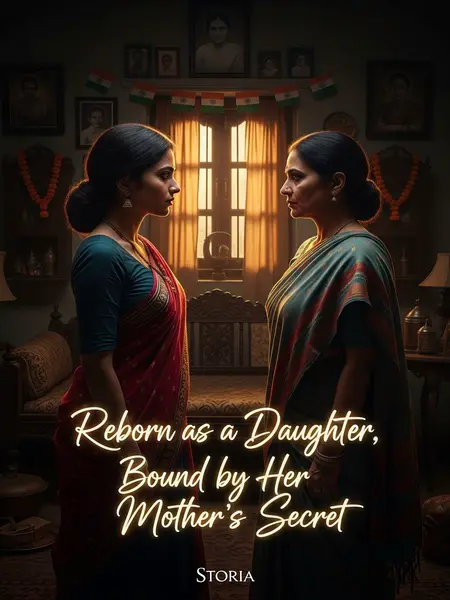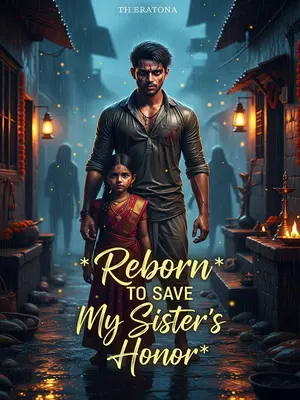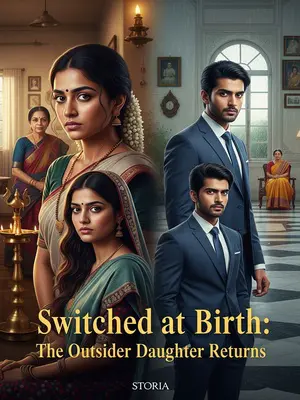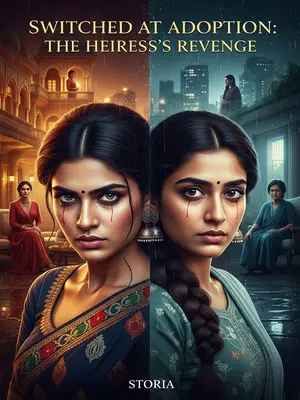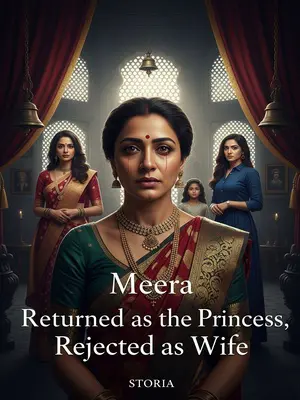Chapter 9: The Cost of Freedom
I’d always thought dying at 26 in a road accident was a waste.
In my old life, I’d felt cheated—so many dreams left unfinished, so much left unsaid. But as I looked at my mother now, I realised how lucky I had truly been.
But my mother only lived to 17 in her last life.
She had never tasted real joy, never felt safe, never dreamed beyond mere survival. Her childhood was stolen by violence, her youth by sacrifice. The lines on her face now made sense.
She never knew a single day of happiness, struggling through 17 years of poverty and hardship.
Even her happiest memories were tinged with hunger, loss, and fear. She told me about sharing scraps of roti with her siblings, sleeping on cold floors, and the constant threat of police raids.
I listened quietly as my mother told her story.
She spoke in a low voice, her words slow and deliberate. She described the darkness of those days, the fear that hung over every meal, the hope that kept her going.
Only then did I understand that what you read in books is always shallow.
The textbooks spoke of movements and martyrs, but they never captured the smell of burning homes, the sound of mothers wailing, the ache of loss that never healed. I listened, humbled by the truth of her life.
A few short lines in the history books were their entire lives.
She was just a name, a statistic, maybe a faded photograph somewhere. But every scar, every sacrifice was a world in itself.
Only a handful of people are remembered in the glorious annals of history.
We lionise a few, build statues, sing songs. But thousands like her disappear into the dust, their stories untold.
Most, like my mother, were crushed beneath the wheels of history, becoming ashes in the smoke of turbulent times.
Her pain was not unique—thousands suffered as she did. Yet each life mattered, each loss was a universe lost. I felt the enormity of it settle on my shoulders.
She was a messenger back then, delivering messages and intelligence for the resistance.
She told me about slipping notes between bread loaves, about running from police, about the thrill of outsmarting the enemy. Her eyes grew fierce as she remembered the courage she’d summoned.
“When the fighting first broke out, I was scared too.”
She looked away, her fingers twisting in her lap. “I wanted to hide. I was just a child.”
“But my father died, my mother was thrown into a ditch after being humiliated, and my younger brother was stabbed to death, his intestines spilling everywhere.”
Her voice broke. I saw the haunted look in her eyes, the memories tearing her apart. I reached for her hand, holding it tight.
“After that, I wasn’t afraid anymore.”
Something changed in her that day. The pain hardened her heart, and the fear turned to resolve. She stood tall, her back straight, ready to fight.
The sparks of revolution slowly reached her, and she joined without hesitation, becoming a messenger.
She described the secret meetings, the coded messages, the thrill and the terror of working in the shadows. Her bravery made my own heart swell with pride and fear.
I asked her how she was executed.
The question hung between us, dark and heavy.
“They caught me, wanted me to reveal the freedom fighters’ hideout. I refused. So they pulled out my nails, then my teeth, nailed my hands, and finally cut open my belly.”
Her words were flat, almost matter-of-fact. But I saw the shiver that ran through her, the pain that lingered even now. I wept for the girl she had been, and the mother she had become.
